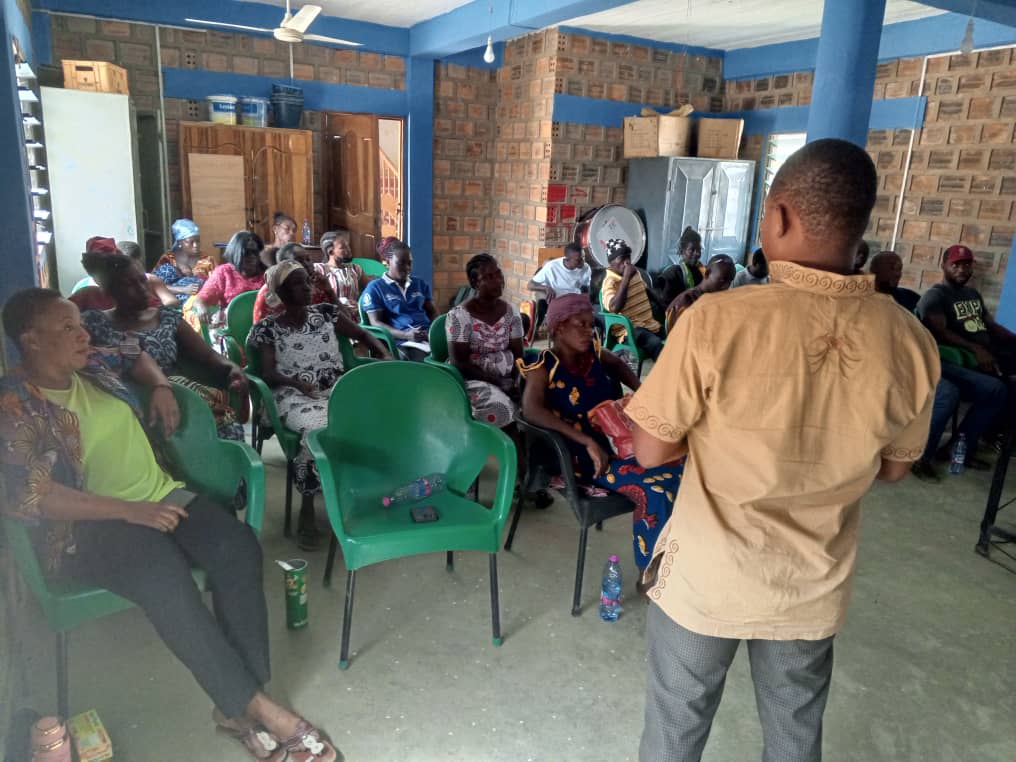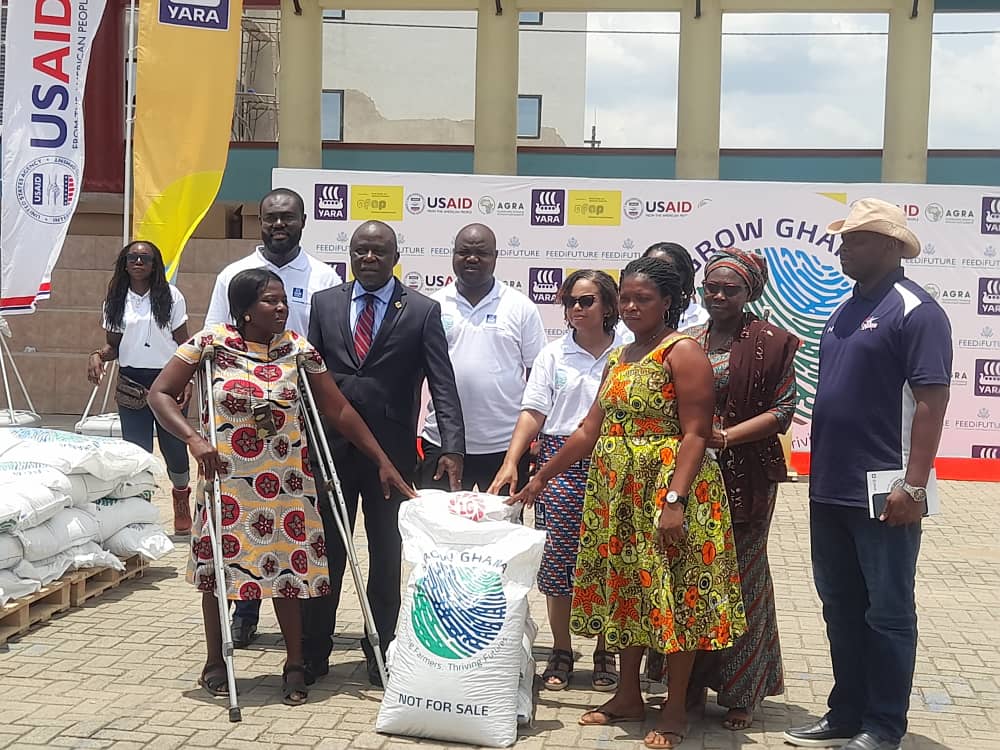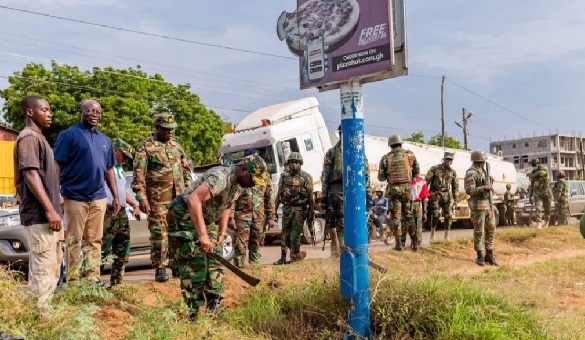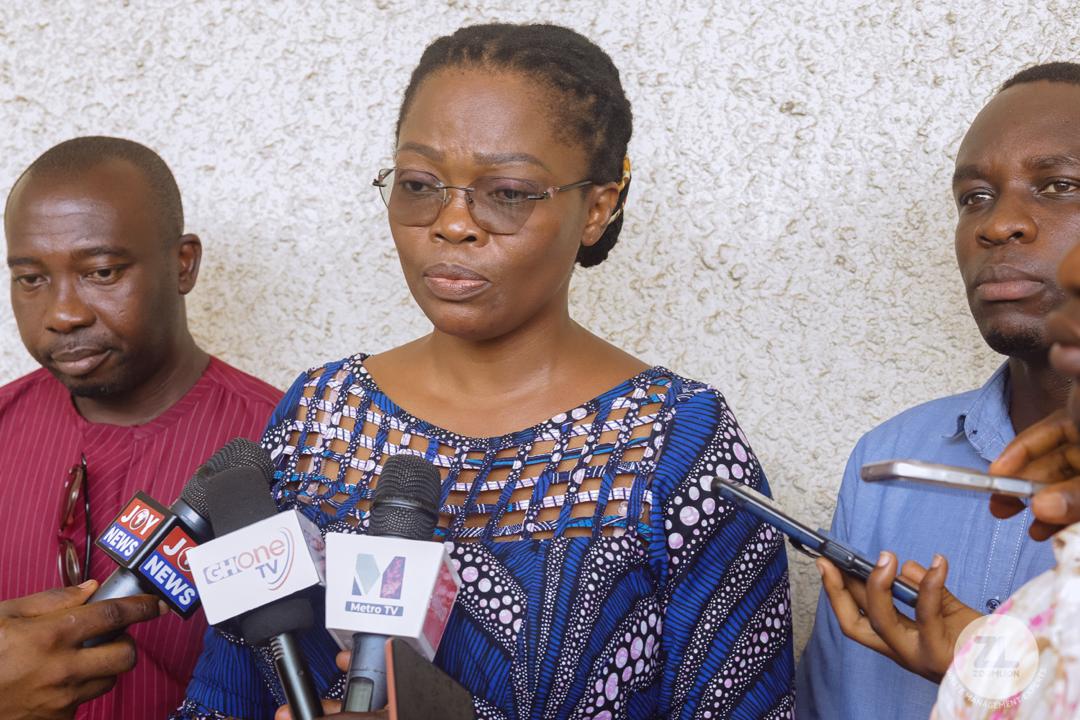
The escalation in fuel, fertiliser, and food prices is having a notable impact on food security in Ghana. Starting from 2020, the compounding factors of the COVID-19 pandemic, droughts impacting agricultural output, and the recent conflict between Russia and Ukraine have caused substantial worldwide price fluctuations, particularly in essential inputs like fertiliser.
Ghana, being a small open economy, typically operates as a price taker and is significantly impacted by global economic instability, such as increases in prices.
Thus, these global disturbances have resulted in a high cost of fuel and fertilisers required for food production and distribution in Ghana. Those suffering most from the price hikes are smallholder farmers.
More than 80 per cent of the world’s farms operate on less than two hectares of land. Although these farms account for only 12 per cent of the world’s farmland, they provide an estimated 80 per cent of the food produced in Asia and in sub-Saharan Africa (SSA) (Lowder et al. 2014).
Smallholder farms are crucial in ensuring global food security and nutrition, yet they are frequently overlooked by development policies, despite their significant role. This group represents the majority of the world’s impoverished and undernourished individuals.
Smallholder farmers encounter a variety of interconnected risks and obstacles that jeopardise their livelihoods, as well as food security and nutrition. While existing literature has primarily addressed the challenges faced by smallholder farmers in terms of their livelihood strategies, such as inadequate human capital and restricted access to infrastructure, markets, and technologies, they are also increasingly susceptible to a range of emerging risks and challenges related to climate, health, prices, and finances.
Not only does the occurrence of these shocks endanger already fragile food production systems, but the mere likelihood of their occurrence makes some smallholders more risk-averse and likely to pursue more subsistence-oriented activities, thus causing smallholder poverty to persist (Dercon 2009).
To help support smallholder farmers in Ghana to continue to contribute their quota to food production in Ghana, Yara Ghana introduced a project dubbed ‘Yara Grow Ghana Initiative’ which seeks to ensure that smallholder farmers have access to affordable fertilisers to avert food insecurity.
This initiative marks a remarkable dedication and collaboration towards enhancing food security and agriculture sustainability with the partnership from USAID and African Fertilizer and Agribusiness Partnership(AFAP) and with the support of the Ministry of Food, Agriculture and Alliance for Green Revolution in Africa,
Yara’s Grow Ghana initiative is an example of the company’s concrete efforts to address the food crisis, by supporting smallholder farmers, contributing to food security and a prosperous future for Ghana and Africa.
Yara Ghana Limited, through its partnership with the United States Agency of International Development (USAID), Alliance for Green Revolution in Africa (AGRA), AFAP has donated 3,875 bags of fertilisers to vulnerable smallholder farmer groups to support their efforts in increasing food sustainability and security in Ghana.
The donation was to mark the finale of a two-year old Yara Grow Ghana Initiative which was started in 2022, during the start of the Russia-Ukraine war which has negatively impacted access to affordable fertilisers across Africa with Ghana inclusive, hinderingfarmer’s ability to feed vulnerable populations and posed serious threat to food security.
The initiative which saw Yara International donating premium of fertilisers valued at USD 20 million to smallholder farmers across the country, through Yara Ghana Limited, was to enable the farmers to reduce their cost per acre by 33.3 per cent in a way to increase food system resilience and output of farmers to ensure food security.
At the Grow Ghana closure event held in Koforidua last week, the Country Manager for Yara Ghana Limited, Ms Theresa Randolph, said over the last two years, her outfit through the initiative has donated one free bag for every two the farmers purchased, ensuring that smallholder farmers have access to enough fertilisers to sustain food production in the country.
“So far, a total of 18,000 tonnes equivalent to 360,000 of 50 kg bags of YaraMilaActyva fertiliser has been donated to our smallholder farmers,” she revealed.
She stated that initially, the negative impact of the war was felt most by the smallholder farmers who relied on the fertilisers to produce sufficient yields to sustain their livelihoods.
She mentioned that the initiative had a special focus to vulnerable groups such as orphanages homes, prison service, women and youth in agriculture to make positive impact on them and provide them with the needed support by not just donating fertilisers but vital agronomic knowledge to boost productivity in the country.
Ms Randolph said the initiative has been an incredible and remarkable journey of dedication and collaboration, supported by development partners including AFAP, AGRA and USAID and stated that the company has been proud to contribute their quota towards enhancing food security and agricultural sustainability in Ghana by enabling smallholder farmers to improve crop yields and productivity.
The Deputy Minister for Food and Agriculture, Yaw Frimpong Addo, said the initiative has been instrumental to providing the beneficiary farmers with free fertilisers to enable them to have enough and support them to avert food insecurity and significantly enhance agricultural productivity and sustainability in the country.
He commended Yara Ghana and partners for the remarkable strides they have made to boost agricultural productivity and empowering farmers in the country and stated that his Ministry remained steadfast in creating an enabling environment for farmers to thrive in the country and provide access to quality inputs, modern agricultural techniques and the likes.
He said Phase two of the Planting for Food and Jobs (PFJ) was set to roll out with emphasis on reaching out to more women farmers, and urged them, especially women to register to enable them take advantage of the initiative.
The Eastern Regional Agriculture Director, Hajia Habiba, called for similar initiatives from other stakeholders to help boost food production and sustainable agriculture now and in future of the country.
Given the crucial role played by smallholder farmers, the pursuit of economic growth and development in Ghana would be rendered futile without sufficient investment directed towards tackling the obstacles and capitalising on the prospects encountered by these farmers.
It is high time for stakeholders in the agricultural sector to allocate a significant portion of their resources towards assisting smallholder farmers in Ghana, thereby guaranteeing food security.
BY AMA TEKYIWAA AMPADU AGYEMAN
The post Support for increased food production: Yara Ghana donates $20 million premium fertilisers to smallholder farmers appeared first on Ghanaian Times.
Read Full Story






















Facebook
Twitter
Pinterest
Instagram
Google+
YouTube
LinkedIn
RSS